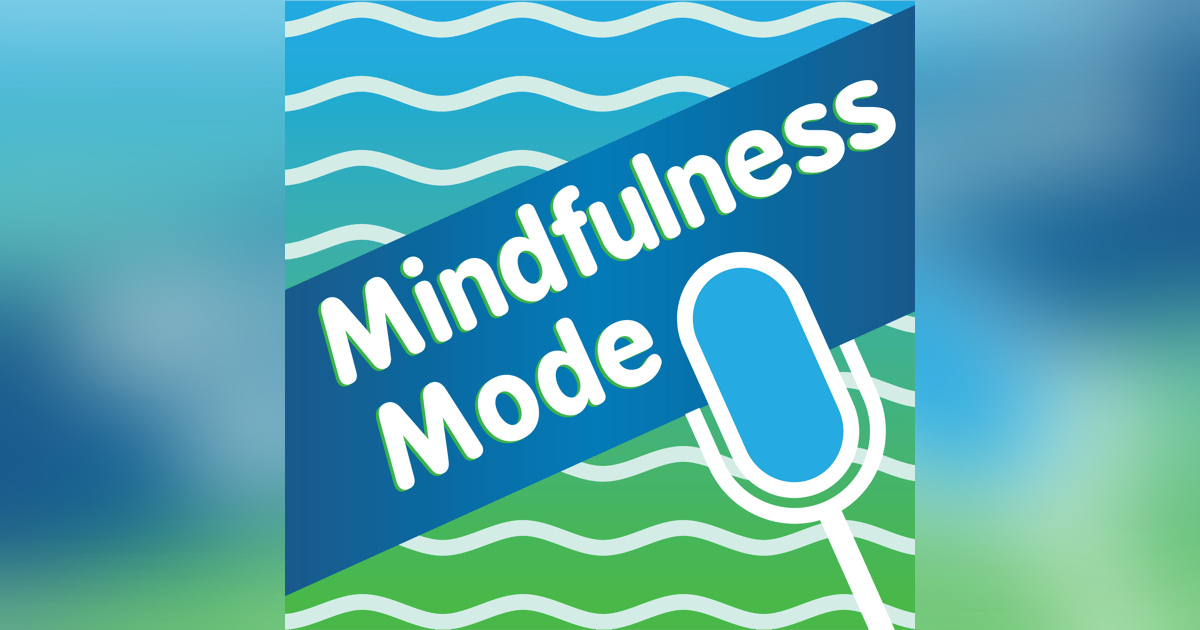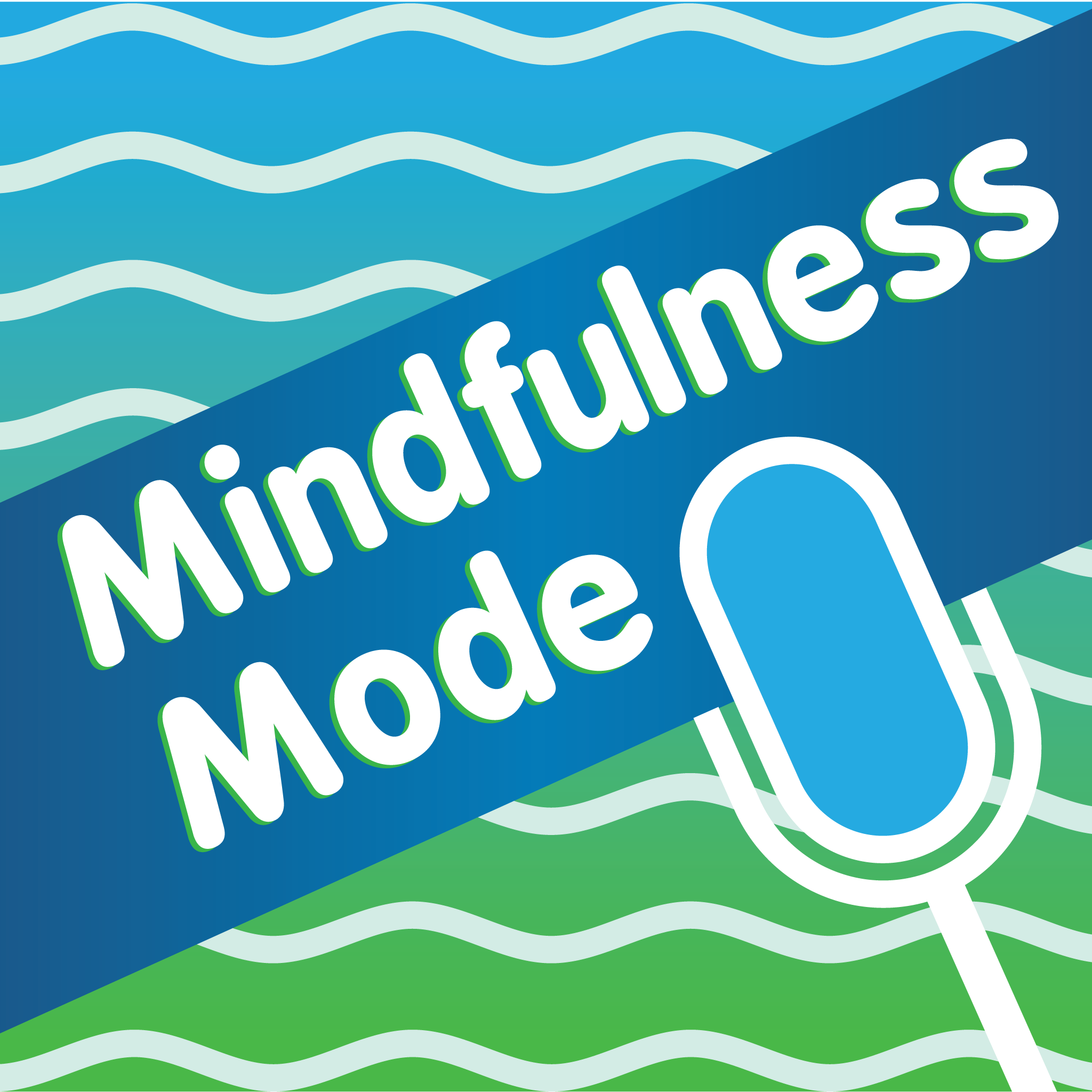Nov. 23, 2020
How to Be Up in Down Times; Mitzi Perdue

The player is loading ...

Mitzi Perdue is the co-author, along with Mark Victor Hansen of How to Be Up in Down Times. She is a science writer and a health writer. She holds a BA with honors from Harvard University and an MPA from the George Washington University. Mitzi combines the experiences of three long-time family businesses. Her father Ernest Henderson co-founded the Sheraton Hotel Chain and her late husband Frank Perdue was the second generation in the poultry company that today operates in more than 50 countries. She herself founded CERES Farms in 1974. In 2019 she founded WIN THIS FIGHT, STOP HUMAN TRAFFICKING.
Listen & Subscribe on: iTunes / Stitcher / Podbean / Overcast / Spotify Contact Info- Website: www.MitziPerdue.com
- Book: How to Be Up in Down Times, by Mitzi Perdue Mark Victor Hansen and Preston Weekes
- Mother Theresa
- I've loved the idea of controlling emotions. Some you can't. If you have a child who's ill, I don't know what to do about that. But of ordinary garden variety things, I think it's a question of will. I think, do I let that get to me? Then I think, that's their problem.
- Breathing I consider so important that I've been taking lessons with a voice coach about deep breathing.
- When things are really tough, if you can take a deep breath, (My breath is purple in my imagination), and you breathe it out, it takes away tension and other stuff.
- I have been in many jobs during my lifetime that have been dominated by men. You can imagine that a lot of bullying came my way, so how did I handle it? Here's where it gets a little bit off-beat.
- If you criticized me in some way and it's going to make me better, I embrace it, I love it, I'll act on it.
- If you're just bullying me or if you're being critical because you think you can get away with it, you don't exist for me. You just don't exist. I'm not going to let you get under my skin.
- Personal Development for Success; Thais Gibson
- 418 Mind-Body Healing Using The Vibrational UPgrade System; Alison J. Kay
- 166 Create a Nurturing, Mindful Space With Million Dollar Decorating Host James Swan